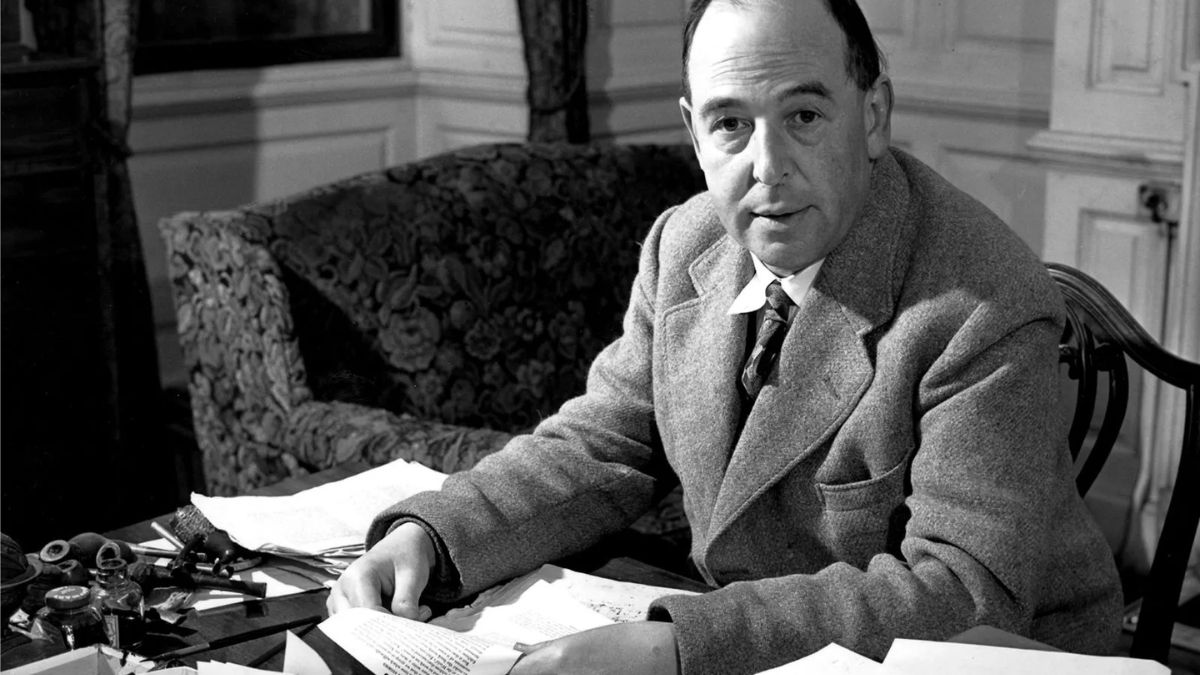

Truth, Love, and Maundy Thursday
Jesus embodied truth and love, not only in the event we commemorate this day, but in every event we remember this Holy Week.
04/6/23
John Stonestreet

“Jesus would’ve baked the cake.”
“Christians hate LGBTQ people.”
“You’re on the wrong side of history.”
“Why can’t you let them be ‘their true selves’?”
“That’s just your truth, not mine.”
And, perhaps most painful, especially when it comes from a friend or family member, “If you love me, you’d accept me for who I am.”
All these slogans that leave Christians silent or shamed today are, at root, different ways of saying the same thing—that truth and love are incompatible. For people to tell the truth, especially when it comes to issues of sexuality and gender, is to be unloving and intolerant. And, to love someone is to affirm all their choices.
There is a uniquely “Christian” version of these slogans too. We are told that taking a moral stand, especially on questions so culturally controversial, is to distract from the Gospel. Instead, the Church must become more welcoming and avoid anything that makes people feel excluded from the Church. After all, we are told, isn’t the Gospel really about inclusivity?
Today, of all the days of Holy Week, directly confronts this mentality. Maundy Thursday is set aside on the Church calendar to remember the Last Supper. The word maundy comes from the Latin word for “mandate” or “command.” At this first celebration of Communion, Jesus gave His disciples “a new command,” that they should love and serve each other. To demonstrate what He meant, He picked up a basin of water and a towel and washed their feet.
To fully understand His words and actions, recall that at this “Last Supper” and first Communion, Jesus and His disciples were obeying God’s original command, given to all Jews, to remember the Passover. God’s people were to never forget how they were rescued from slavery in Egypt. For Jesus to issue a “new” command was an audacious thing to do, especially given how significantly God’s original command stood in Israel’s history and identity as a people.
Jesus, however, went even further than merely adding instructions to an old celebration. Now, rather than remembering how the angel of death “passed over” those homes with lamb’s blood on their doorposts, they were to remember His broken body and His shed blood. Ultimately, the new command was to remember a new rescue and how, through Christ’s death, death is not merely avoided but finally defeated.
Since at least the mid-20th century, the American Church has been divided over whether it should be primarily about proclaiming truth or about serving others. More recently, the volume of this debate has significantly increased. The Lord’s Supper and Jesus’ “new” command remind us that this is a false dichotomy, an unnecessary choice to make. Truth and love need never be separated and should never be separated. On the same night when Jesus commanded us to remember how His broken body and shed blood rescue us from sin (that’s the truth), He commanded us to demonstrate our new life by serving others (that’s love).
We need not choose between truth and love. In fact, we must not choose. They always go together, because they are both grounded in the same Source, or specifically, the same Person.
Jesus embodied truth and love, not only in the event we commemorate this day, but in every event we remember this Holy Week. He is truth. He is love.
And, He has risen, indeed.
For more resources to live like a Christian in this cultural moment, go to colsoncenter.org.
This Breakpoint was originally published on April 14, 2022.
Have a Follow-up Question?
Up
Next

Related Content

© Copyright 2020, All Rights Reserved.













